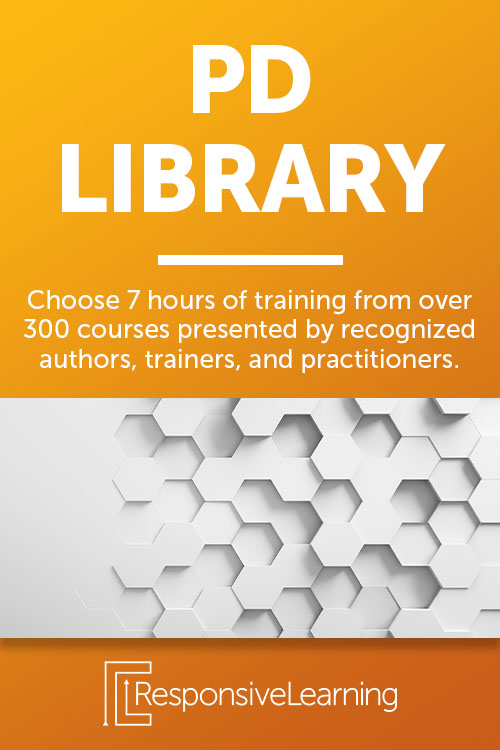Are you seeking to discover your niche of expertise and passion in life? Perhaps you want to develop the professional skills needed to navigate a meaningful career in education. Becoming a self-authoring educator is the key to creating your individual learning path for success in education.
What is a Self-Authoring Educator?
A self-authoring educator is someone who understands what they need to grow as a professional. “Self-authoring educators independently develop personal and professional skills to navigate the challenges of the life of a professional educator.” Meghan Raftery, a freelance educator, emphasizes the importance of having these individuals as teachers because they are more likely to create thriving classroom environments that schools and communities need.
Meghan Raftery is currently supporting teachers, schools, districts, and organizations on innovative projects, building teacher capacity, and developing curricula throughout Virginia. A generalist at heart, Meghan cultivates a breadth and depth of experience both inside and outside of education.
Through her work with various educators across the country, Meghan developed the initial concept of Edjacent as a hunch, refining it over time with the help of many educators and great thinkers from diverse fields of study who have great faith in the future of American public education. You can learn more about how to create your individual teaching and learning path in her course, The Self-Authoring Educator.

The Self-Authorship Journey
The self-authoring journey consists of six stages. Stage one includes your degree, certification programs, and professional development. In this stage, you count on someone else to provide learning opportunities. Meghan explains in stage two “the self-authoring educator realizes they are at a disconnect with their professional context.”
Stage three involves educators reconciling how their values aren’t always aligned with external factors. Meghan describes this as a “healthy and productive management of that conflict.” In stage four, “the educator develops the experience, knowledge, and belief to resolve tensions between their values and their context with confidence.”
According to Edjacent, stage five encompasses how “educators thrive in a community with other self-authoring educators and begin to develop a niche of expertise.” This stage reflects what you’re most passionate about and want to offer the world. The sixth stage is completed when “self-authoring educators share with others and help to build collective efficacy for our entire profession.”
Becoming a Self-Authoring Educator
Three factors are required to become a self-authoring educator: community, content, and coaching. The first involves curating communities of practice to “provide deep and diverse connections that benefit the individual and the collective group.” Meghan recommends finding other individuals in your school district who share your sense of purpose.
When self-authoring educators find opportunities to grow, Meghan explains how they discover a “deep sense of fulfillment personally and professionally.” Meghan suggests creating your own unique specialization. Finally, having colleagues that hold one another accountable provides valuable insights for growth and self-discovery.
Interested in learning more about how to become a self-authoring educator? Explore the course demo on The Self-Authoring Educator today!







